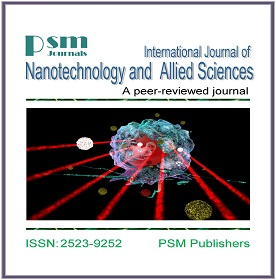Rotten Onion Bulbs as Reservoir for Opportunistic Human Pathogenic Microbes
Keywords:
Bacteria, Fungi, Opportunistic pathogens, Onion bulb rot.Abstract
The incidence of health issues in humans caused by opportunistic microorganisms has sharply emerged in recent years. Onions are a valuable food source that may have therapeutic uses, however microbial deterioration causes postharvest losses in this crop. Onion bulb rot is an important pathological problem worldwide, as it is caused by a variety of bacterial and fungal species. Individual onions afflicted with bulb rot have different bacterial and fungal communities in terms of diversity and structure. Numerous plant pathogens threaten food safety, for example by producing mycotoxins in the field or during storage. In this issue, Aernan et al. report the incidence of various bacterial and fungal species in rot of onion bulbs that may serve as opportunistic pathogens. This study suggests that microbes associated with onion spoilage should be studied at the species level alongside associated factors that encourage spoilage.
Downloads
Published
How to Cite
Issue
Section
License
Copyright (c) 2023 PSM

This work is licensed under a Creative Commons Attribution-NonCommercial 4.0 International License.







